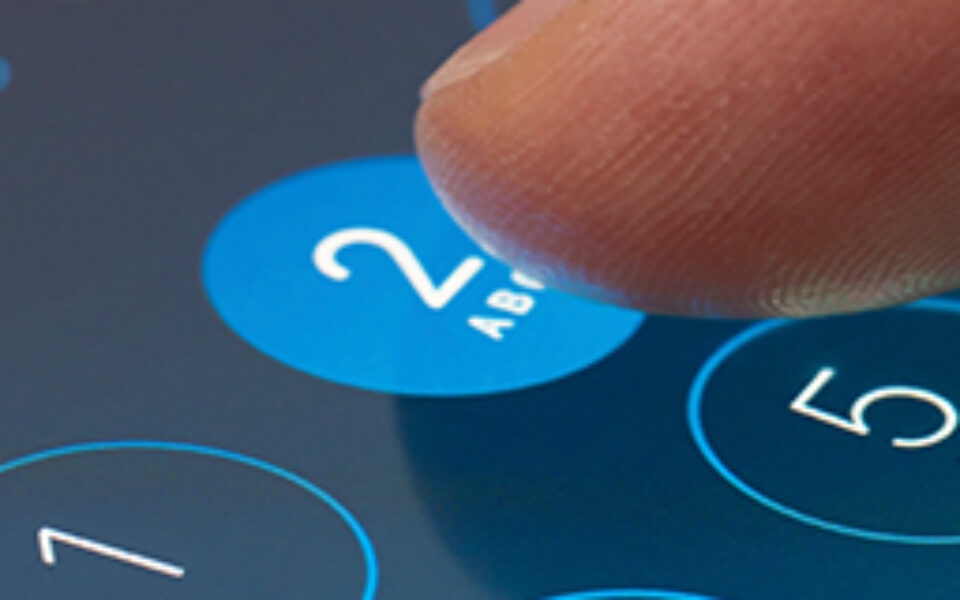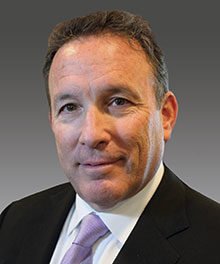Core Dilemma

On Tuesday, a federal court issued an order requiring Apple to help the FBI unlock an iPhone used by one of the two attackers who killed 14 people in San Bernardino, Ca. last December. In response, Apple’s chief executive, Timothy D. Cook, has said Apple will appeal the court’s order, pitting one of the world’s most valuable companies squarely against the United States government. It just might be possible that Apple is the more financially secure and deep pocketed of the two.
Supporters on both sides are lining up, with the tech industry as a whole unequivocally supporting Apple, and lawmakers and law enforcement officials staunchly in the government’s corner. Depending on what you read, it looks like the public is split.
Apple argues that “weakening a single iPhone so that its contents can be viewed by the American government risk[s] weakening all iPhones for any government (or other) intruder, anywhere.”
This is a tough one. As an iPhone user, I certainly appreciate everything Apple and other tech companies do to protect the privacy of the data on our devices, which in many if not most cases contain sensitive information such as social security numbers, bank and brokerage account information, credit card numbers, business records, trade secrets, and generally private information we don’t want getting into the “wrong” hands. As a recent victim of a hacker’s attempt to access one of my bank accounts, I certainly don’t take it lightly that someone could, with Apple’s help, access data that I otherwise believe is secure and encrypted. But then again, I’m a law abiding citizen. I’m not worried about the government being able to investigate me because there’s nothing to hide. And I’d personally give up some privacy in exchange for the government being better able to do its job (if it can) of protecting us from people who seek to do us harm.
But there are significant extenuating circumstances here. This is not just any iPhone. It’s the iPhone of a mass murderer who may have left evidence of other crimes or co-conspirators in a place the government can’t access. Apple reportedly has the ability and engineering staff to do as ordered, which is to provide the government “reasonable security assistance” in accessing encrypted information on the iPhone in question. Somehow, this never should have reached a federal judge. I can’t see why Apple and the government weren’t able to work out some type of non-precedent-setting agreement to work together in the interest of national security.
The issue of encryption and the government’s ability to spy on people in the name of national security has been brewing for years, sometimes at a theoretical level. But this is real life. Real people died, and who knows who else was involved or what else they may have planned? If there’s a way to access the information on this particular device, Apple needs to step up. If they’re concerned about precedents or being put in this position again, then maybe they should permanently encrypt future devices with no back door or other way to access information. It won’t solve the moral dilemma, but it will give Apple the excuse it apparently needs to avoid doing the right thing.
